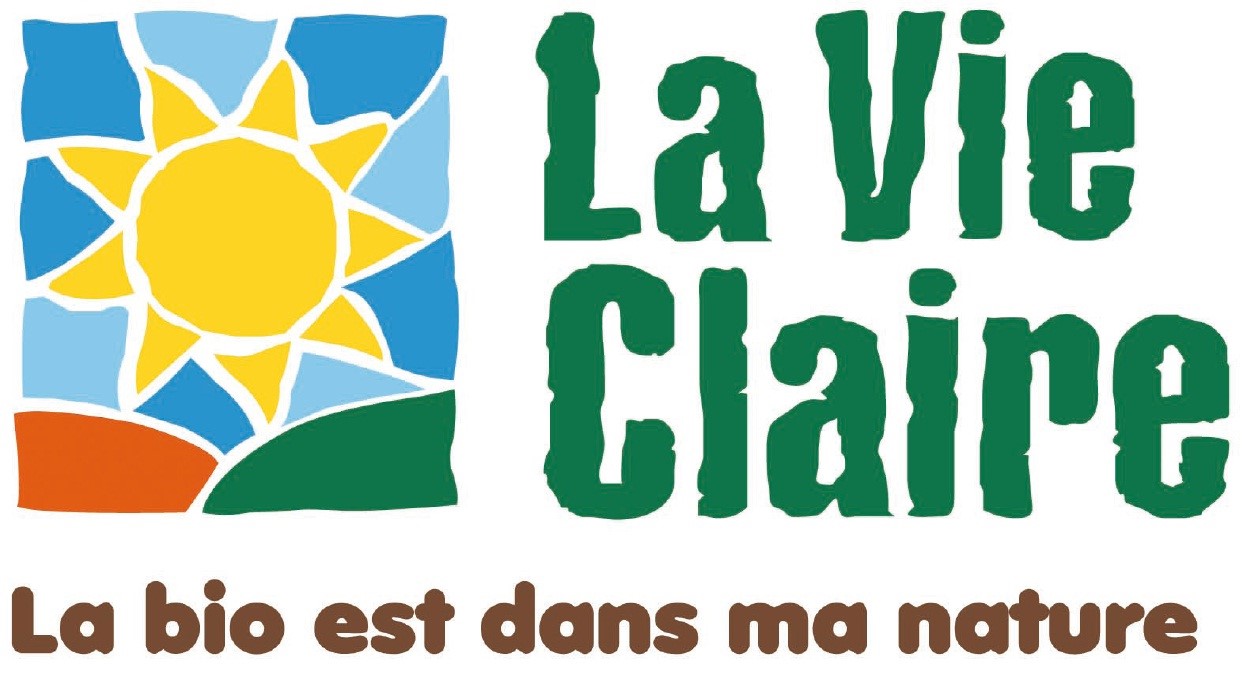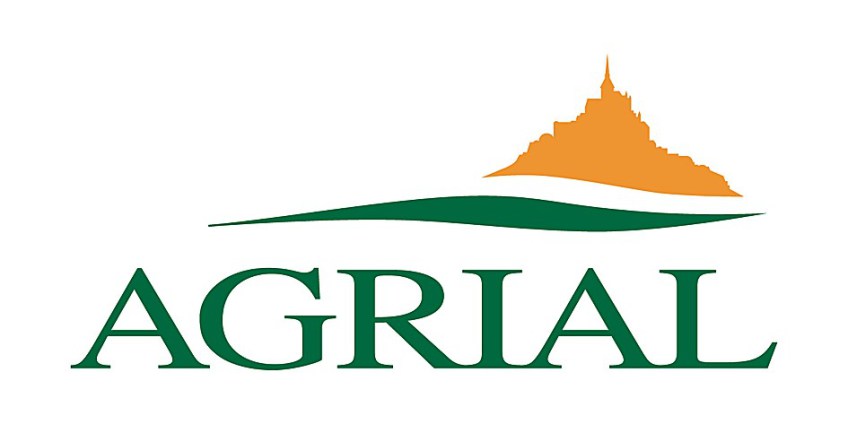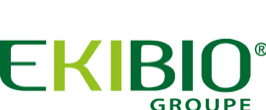Synthèse
Since 2020, the organic fruit and vegetables market has seen significant trends and developments. Globally, the market is dominated by the United States with over 39% share, while France holds third place. The organic farming market was valued at €124.8 billion in 2021, continuing its growth with an average annual growth rate (CAGR) of 8.83%. The surface area dedicated to organic production and the number of organic producers continued to increase, with contributions from regions like Nouvelle-Aquitaine and Occitanie.
Specialized stores remain significant market players, despite a tough year in 2022 with a decline in sales, such as Biocoop at -5.6% and Naturalia at -7.8%. Startups that promote a direct link between producers and consumers, like Potager City and Les Commis, are capitalizing on this trend, with Potager City reporting €17.5 million in sales in 2021. Regulations have also been updated, with the EU tightening rules for organic production with Regulation (EU) 2018/848 from 2022.
Shifting Tides in Organic Produce
Consumption Organic fruits and vegetables represent a significant segment of the global organic food market, and France stands out as one of the leading contributors in this domain. French producers and the acreage devoted to organic farming have seen consistent growth, highlighting the country's commitment to sustainable agricultural practices. Despite this promising scenario, the French organic fruit and vegetable market is undergoing a phase of deceleration, with the national market experiencing a contraction for the first time in over a decade. The United States continues to dominate the global market with over one-third of the world market share, while France, holding the third position, maintains a formidable presence behind Germany.
The French market notably reached a valuation of between 11.5 and 13 billion euros, a slight decline from the previous year. Organic fruits and vegetables account for roughly between 15 and 20 percent of this market, second only to groceries within the organic sector. In the realm of distribution, specialized stores lead in organic produce sales with a market share of over 40 percent. This is followed by general supermarkets at over 30 percent, then direct sales rounding up to approximately 25 percent. Notably, consumption habits have shown a dip, with the share of organic food in the French diet decreasing from over 6 percent to just under that mark.
In analyzing the nuances of consumer behavior, a significant portion (over 70 percent) of regular organic consumers frequently includes organic fruits and vegetables in their diets. Yet, the overall decrease in consumption has been significant, with the percentage of populace consuming organics monthly plummeting by over 15 points from the preceding year. This may be attributed to a perceived abnormality in price elevation for organic products—a sentiment shared by nearly 60 percent of consumers. The motivations driving organic consumption primarily center on health impacts and taste, while environmental considerations follow closely. However, price remains a substantial barrier, prompting nearly one-quarter of the surveyed group to project their organic consumption either stagnating or dwindling in the coming months.
Startups like Potager City and Les Commis, operating with thanks to new trends focused on bridging the gap between producers and end consumers, have enjoyed success by tending toward direct delivery services. This indicates a burgeoning potential for growth in this market segment, despite overall sluggish consumer interest. The landscape of organic fruit and vegetable players is diverse, with specialty stores undergoing a challenging period. Market leaders like Biocoop and Naturalia have recorded sales declines in recent years. In contrast, startups such as Les Commis.
Prominent Players in the Organic Fruit and Vegetable Market:
Bridging Producers and Consumers In the thriving landscape of the organic fruit and vegetable market in France, several key players make up the ecosystem, each contributing uniquely to the supply chain. Here is an overview of these market participants:
- Biocoop stands out as a significant presence with its cooperative network of independent stores. Known for its commitment to selling a wide variety of organic products sourced from local producers, Biocoop has grown a considerable footprint with 765 points of sale, making it a go-to destination for consumers seeking organic staples.
- Naturalia carves out its niche as a purveyor of organic, vegan, and natural products. With a network of about 245 stores across France, the brand emphasizes sustainable and ethical consumerism, appealing to a clientele conscious of their ecological footprint and the quality of their diet.
- Bio c' Bon brings organic living closer to urban consumers, with over 100 stores conveniently located in city centers. They focus on providing a range of organic goods, including fruits and vegetables, to those who may not have easy access to larger supermarkets or specialty stores.
- La Vie Claire is another major name in the market, boasting around 400 stores to date. By offering a wide array of organic goods from fresh produce to packaged products, La Vie Claire caters to the diverse needs of organic shoppers, imbuing a traditional retail experience with a modern, sustainable twist.
- Emerging dynamically in the sector are innovative startups like Les Commis and Potager City, reshaping how consumers access and enjoy organic produce. Les Commis taps into the cooking-as-an-experience trend by delivering recipe boxes with all organic ingredients, while Potager City simplifies sourcing fresh, local produce by offering curated fruit and vegetable baskets, which can be directly delivered to consumers' doorsteps.
These organizations contribute positively to France's organic food market, reinforcing the connection between conscientious consumers and dedicated producers. Their combined efforts also reflect a broader trend of growth in the sector driven by rising consumer interest in health, taste, and sustainability. With both established chains and nimble startups in play, the French organic fruit and vegetable market illustrates a blend of tradition and innovation, aiming to fulfill ever-evolving consumer expectations.
à la compréhension de ce marché
Détail du contenu
 Informations
Informations
- Nombre de pages : 30 pages
- Format : Version digitale et PDF
- Dernière mise à jour : 20/09/2023
 Sommaire et extraits
Sommaire et extraits
1 Market overview
1.1 Definition and scope of study
Organic" fruit and vegetables come fromorganic farming, which is a system of agricultural management and food production that combines the best environmental practices with a high level of biodiversity. It aims to preserve natural resources and applies high standards of animal welfare. In addition, this production method uses mainly natural substances and products, and prohibits the use of synthetic chemicals such as pesticides, herbicides, artificial fertilizers or growth hormones. Organic fruit and vegetables are the largest and most dynamic segment of the global organic food market (which also includes beverages, cookies, meats and other condiments).the organic fruit and vegetable market includes producers, processors, wholesalers, retailers, cooperatives, specialty store franchises, independent stores and supermarkets.
The global market is dominated by the United States, which has over 39% of the world market share[FiBL], but France is not to be outdone, as the national market ranks in 3ᵉ position, just behind Germany.
The French market is extremely dynamic, with the number of its producers and acreage devoted to organic farming steadily increasing. However, new consumers, whose purchasing power continues to decline, are becoming increasingly rare, and the context is extremely difficult for specialist stores, which sell only organic products. Indeed, after more than a decade of proliferation of this type of store, 2022 was the first year to see a reduction in their numbers nationwide.
One of the market trends is the emphasis on the absence of intermediaries. Consumers want direct access to products, and some startups are enjoying great success by offering a direct link between producers and end consumers. Home-delivered organic baskets thus appear to represent a strong growth potential for the market.
1.2 A booming global market
The Research Institute of Organic Agriculture (***) published the **ᵉ edition of"The World of Organic Agriculture" study in ****. This study gives us an overview of the global organic farming market, within which fruit and vegetables occupy a significant share.
In ****, the global organic farming market will amount to ***.* billion euros, an increase ...
1.3 The French market: a leading market that is slowing down
As mentioned in the world section, (***), confirming the market decline set in motion in **** after continuous growth since its inception [***].
Within organic food, the market share of organic fruit and vegetables was **.*% in ****[***]. This is the second-largest organic market behind groceries (***). As a result, the fruit and vegetable market is estimated ...
1.4 The European Union: a privileged trading partner
French production accounts for the largest share of French organic vegetable supplies (***).
French supplies of organic vegetables France, ****, € million Source: ****
For fruit, on the other hand, while France (***). This can be explained by the presence of exotic fruit in French consumption habits.
French supplies of organic fruit France, ****, € million Source: ****
However, ...
2 Demand analysis
2.1 Growing demand for organic products in France
Agence Bio reports on a survey of French consumers of organic produce. This survey, which we'll use throughout this section, concerns all organic products, but it shows that **% of regular organic consumers (***) consume organic fruit and vegetables, so the more general results of this survey, reported here, remain very good indicators ...
2.2 Representation of organic products
Organic food is still not universally accepted, either in terms of price or quality.
Do you find it normal that an organic product should cost more than a non-organic one? France, ****, in Source: ****
We can see that **% of consumers questioned find it abnormal that an organic product is more expensive than ...
2.3 Motivations and barriers to organic consumption
The survey also reveals the main reasons why regular consumers of organic products start buying them. The positive impact on health (***).
What was the main reason that led you to consume organic products in the first place? France, ****, in % Source: ****
An interesting motivation to note that concerns **% of survey respondents is ...
2.4 Preferred consumption locations and the future of consumption
The survey asks organic consumers where they prefer to buy their products, by category. For fruit and vegetables, the preferred places of purchase are supermarkets and markets. We can see that there are few disparities between fruit and vegetables.
Where do you mainly buy organic fresh fruit and vegetables? France, ****, as ...
2.5 Typical profiles
According to theAgence Bio report, five consumer profiles stand out:
The hesitant (***): although these individuals consume little organic produce, they nevertheless have a positive image of organic farming. However, they are not particularly attentive to the effects of food on health, and are not actively involved in the dietary transition. They ...
3 Market structure
3.1 Organic players in France
In France, the organic sector can be divided into three main categories:
Producers (***); Processors; Distributors (***).
The surface area devoted to organic fruit and vegetable production has been rising steadily for several years, although this increase has slowed sharply since ****.
growth in organic or in-conversion acreage France, **** - ****, in hectares Source: ****
We ...
3.2 Producers and areas devoted to organic fruit and vegetables by region
All organic producers have to go through a conversion phase, during which they gradually transform their acreage by becoming more and more involved in organic farming. For the purposes of this study, we consider organic producers as a whole, which means that those undergoing conversion are also taken into account. For ...
3.3 Distribution of organic fruit and vegetables
From the grower's point of view, organic fruit and vegetable distribution in France can be achieved in two different ways:
Direct sales: by the grower himself; Short-line sales: sales to an intermediary, possibly without the grower being present at the time of sale.
Source: ****
More generally, in household distribution, the distribution ...
4 Offer analysis
4.1 Typology of prices for the main organic fruits and vegetables, and differences with conventional agriculture
Every year, the Familles rurales association conducts a survey on the price and consumption of fruit and vegetables in France. TheObservatoire du prix des fruits et légumes à l'été **** provides us with very precise information, some of which will be relayed in this section.
Organic fruit prices:
The table below ...
4.2 Supply trends: towards a direct link between producers and consumers
Within the organic fruit and vegetable offer, in the wake of a global desire to eat more healthily and locally, a trend has been emerging in recent years: that of home deliveries of baskets of fresh fruit and vegetables. On January **, ****, for example, Carrefour acquired Lyon-based startup Potager City, which has ...
5 Regulations
5.1 General regulations
We won't go into detail about the regulations that apply more generally to the sale of fruit and vegetables: you can find them summarized here biolinéaires.com. Below, we report on the rules specific to the production and trade of organic produce.
A new European regulation (***) ****/***, applicable from January *ᵉʳ ****, specifies ...
5.2 Regulations for retail distribution
Notification obligation
In France, all organic operators must notify their activities to Agence Bio. Agence Bio is the public interest group in charge of developing and promoting organic farming. You need to fill in the notification form. The procedure has been permanent since ****. Notification is free of charge. The only exception ...
5.3 Official labels
To ensure product traceability, two official labels exist in addition to controls:
The AB logo : This is the French label. It was created by the French Ministry of Agriculture, Food and Forestry. This label certifies that a product contains at least **% certified organic agricultural ingredients. The French AB logo is optional. The ...
6 Positioning the players
6. Segmentation
- Bio c' Bon
- Biocoop
- Naturalia
- La vie Claire
- Olga Groupe (Triballat Noyal)
- Agrial Coopérative Primeal
- Priméale Agrial
- Markal
- Ekibio Priméal
- Ekibio (Groupe Lea Biodiversité)
- Carrefour Groupe
- Auchan groupe
- E.Leclerc
- Casino Groupe
- Les Commis
- Potager City
- Côteaux Nantais
- La Fourche
- Pomona Groupe
- Le Saint Réseau
 Liste des graphiques
Liste des graphiques
- Répartition de la surface agricole destinée à l'agriculture biologique par continent
- Les 10 pays ayant la plus grande surface destinée à l'agriculture biologique
- Parts des différents pays sur le marché international en valeur
- Taille du marché des fruits et légumes bios en France
- Approvisionnements français en légumes bios
Toutes nos études sont disponible en ligne et en PDF
Nous vous proposons de consulter un exemple de notre travail d'étude sur un autre marché !
Dernières actualités
Entreprises citées dans cette étude
Cette étude contient un panorama complet des entreprises du marché avec les derniers chiffres et actualités de chaque entreprise :
 Choisir cette étude c'est :
Choisir cette étude c'est :
Accéder à plus de 35 heures de travail
Nos études sont le résultat de plus de 35 heures de recherches et d'analyses. Utiliser nos études vous permet de consacrer plus de temps et de valeur ajoutée à vos projets.
Profiter de 6 années d'expérience et de plus de 1500 études sectorielles déjà produites
Notre expertise nous permet de produire des études complètes dans tous les secteurs, y compris des marchés de niche ou naissants.
Notre savoir-faire et notre méthodologie nous permet de produire des études avec un rapport qualité-prix unique
Accéder à plusieurs milliers d'articles et données payantes
Businesscoot a accès à l'ensemble de la presse économique payante ainsi qu'à des bases de données exclusives pour réaliser ses études de marché (+ 30 000 articles et sources privées).
Afin d'enrichir nos études, nos analystes utilisent également des indicateurs web (semrush, trends…) pour identifier les tendances sur un marché et les stratégies des entreprises. (Consulter nos sources payantes)
Un accompagnement garanti après votre achat
Une équipe dédiée au service après-vente, pour vous garantir un niveau de satisfaction élevé. (+33) 9 70 46 55 00
Un format digital pensé pour nos utilisateurs
Vous accédez à un PDF mais aussi à une version digitale pensée pour nos clients. Cette version vous permet d’accéder aux sources, aux données au format Excel et aux graphiques. Le contenu de l'étude peut ainsi être facilement récupéré et adapté pour vos supports.
 Nos offres :
Nos offres :
the organic fruits and vegetables market | France
- Quels sont les chiffres sur la taille et la croissance du marché ?
- Quels leviers tirent la croissance du marché et leur évolution ?
- Quel est le positionnement des entreprises sur la chaine de valeur ?
- Comment se différencient les entreprises du marché ?
- Données issues de plusieurs dizaines de bases de données
Pack 5 études (-15%) France
- 5 études au prix de 75,6€HT par étude à choisir parmi nos 800 titres sur le catalogue France pendant 12 mois
- Conservez -15% sur les études supplémentaires achetées
- Choisissez le remboursement des crédits non consommés au terme des 12 mois (durée du pack)
Consultez les conditions du pack et de remboursement des crédits non consommés.
- 03/04/2024 - Mise à jour des données financières de l'entreprise La vie Claire
- 03/04/2024 - Mise à jour des données financières de l'entreprise Biocoop
- 03/04/2024 - Mise à jour des données financières de l'entreprise Auchan groupe
- 01/03/2024 - Mise à jour des données financières de l'entreprise Casino Groupe
- 04/02/2024 - Mise à jour des données financières de l'entreprise Bio c' Bon
- 04/02/2024 - Mise à jour des données financières de l'entreprise Ekibio (Groupe Lea Biodiversité)
- 02/01/2024 - Mise à jour des données financières de l'entreprise Biocoop
- 02/01/2024 - Mise à jour des données financières de l'entreprise La vie Claire
- 02/01/2024 - Mise à jour des données financières de l'entreprise Auchan groupe
- 04/11/2023 - Mise à jour des données financières de l'entreprise Casino Groupe
- 17/10/2023 - Ajout des informations de l'entreprise Le Saint Réseau
- 17/10/2023 - Ajout des informations de l'entreprise Pomona Groupe
- 17/10/2023 - Ajout des informations de l'entreprise La Fourche
- 09/10/2023 - Ajout des informations de l'entreprise Côteaux Nantais
- 04/10/2023 - Mise à jour des données financières de l'entreprise Bio c' Bon
- 04/10/2023 - Mise à jour des données financières de l'entreprise Ekibio (Groupe Lea Biodiversité)
- 01/10/2023 - Mise à jour des données financières de l'entreprise La vie Claire
- 01/10/2023 - Mise à jour des données financières de l'entreprise Biocoop
- 01/10/2023 - Mise à jour des données financières de l'entreprise Auchan groupe
- 20/09/2023 - Ajout des informations de l'entreprise Potager City
- 20/09/2023 - Ajout des informations de l'entreprise Les Commis
- 20/09/2023 - Ajout des informations de l'entreprise Casino Groupe
- 20/09/2023 - Ajout des informations de l'entreprise E.Leclerc
- 20/09/2023 - Ajout des informations de l'entreprise Auchan groupe
- 20/09/2023 - Ajout des informations de l'entreprise Carrefour Groupe
- 20/09/2023 - L'étude a été complètement mise à jour par un analyste Businesscoot. En plus de cette revue complète, des informations sur le commerce extérieur français, sur les profils types des consommateurs de bio présents dans la société, ainsi que sur la répartition des producteurs sur le territoire, ont été ajoutées.
- 24/06/2023 - Ajout des informations de l'entreprise Ekibio (Groupe Lea Biodiversité)
- 24/06/2023 - Ajout des informations de l'entreprise Priméal Ekibio
- 24/06/2023 - Ajout des informations de l'entreprise Markal
- 24/06/2023 - Ajout des informations de l'entreprise Priméale Agrila
- 24/06/2023 - Ajout des informations de l'entreprise Agrial Coopérative Primeal
- 14/06/2023 - Mise à jour des données financières de l'entreprise Bio c' Bon
- 21/05/2023 - Mise à jour des données financières de l'entreprise La vie Claire
- 21/05/2023 - Mise à jour des données financières de l'entreprise Biocoop
- 26/02/2023 - Mise à jour des données financières de l'entreprise Naturalia
- 21/02/2023 - Mise à jour des données financières de l'entreprise Olga Groupe (Triballat Noyal)
- 20/02/2023 - Mise à jour des données financières de l'entreprise Bio c' Bon
- 20/02/2023 - Mise à jour des données financières de l'entreprise La vie Claire
- 20/02/2023 - Mise à jour des données financières de l'entreprise Biocoop
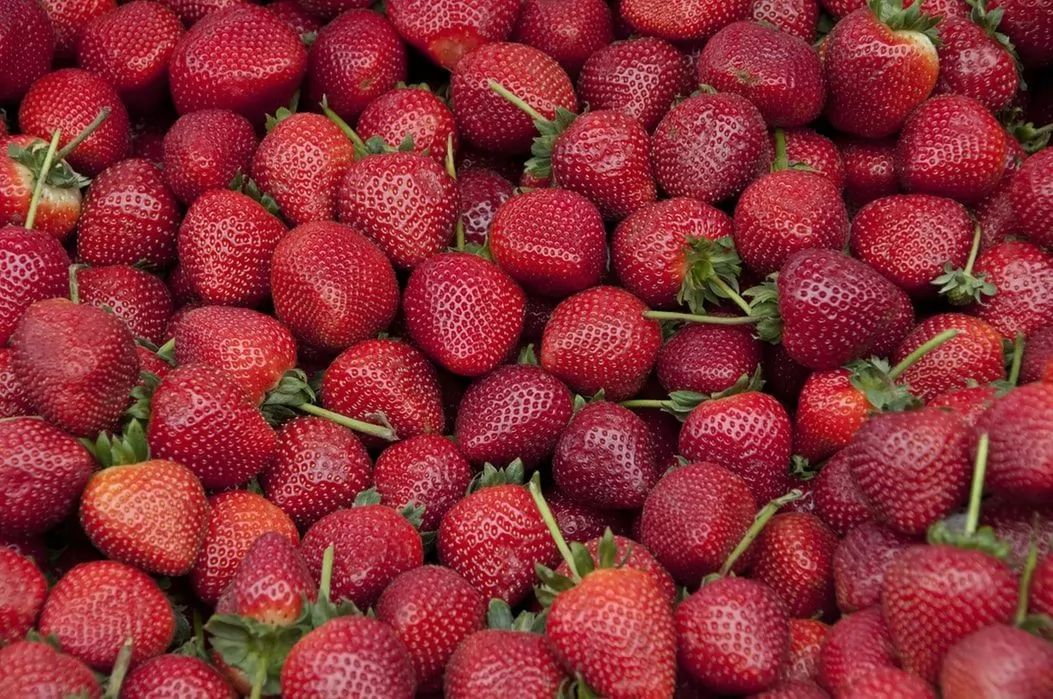




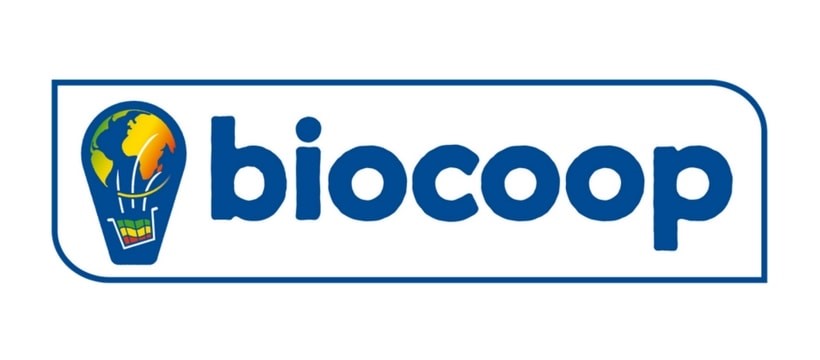 Biocoop annonce la fin de la crise du bio - 08/03/2024
Biocoop annonce la fin de la crise du bio - 08/03/2024
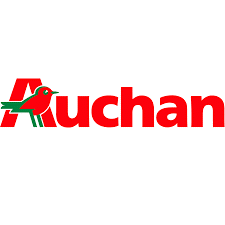 Auchan a connu un nouvel exercice « difficile » en 2023 - 22/02/2024
Auchan a connu un nouvel exercice « difficile » en 2023 - 22/02/2024
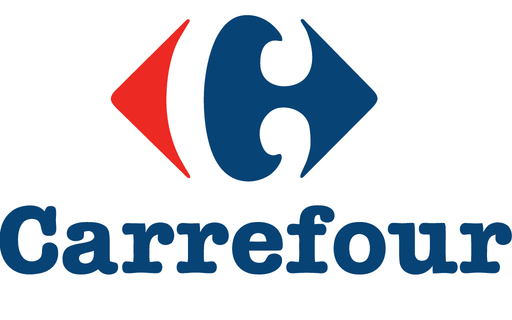 Carrefour a basculé dans le modèle plus dynamique de la franchise - 21/02/2024
Carrefour a basculé dans le modèle plus dynamique de la franchise - 21/02/2024
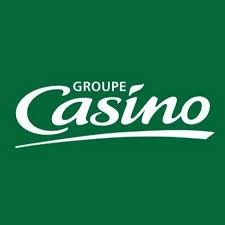 Casino : Intermarché et Auchan emportent la mise - 18/12/2023
Casino : Intermarché et Auchan emportent la mise - 18/12/2023
 Olga: La marque Sojasun se lance en Chine - 13/12/2023
Olga: La marque Sojasun se lance en Chine - 13/12/2023


